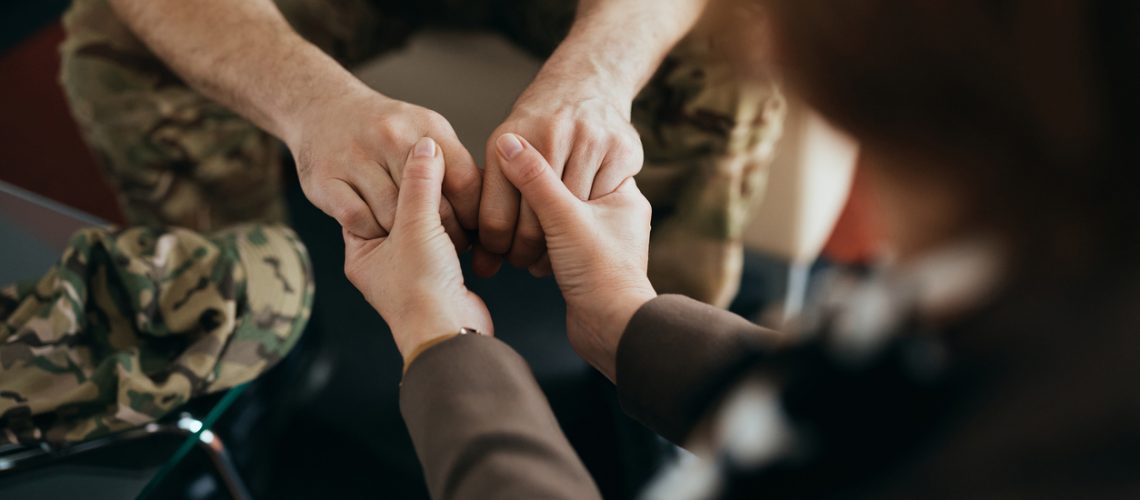Our military has a very important job to do; one that should be taken seriously. For this reason, Article 112 of the Uniform Code of Military Justice (UCMJ) makes it against military law to be drunk while on duty. A “drunk on duty” charge is often seen in conjunction with another serious offense. Although it’s not the most common charge, it is taken very seriously and can result in consequences.
Article 112 of the UCMJ
Article 112 of the UCMJ states the following:
(a) Drunk on duty. Any person subject to this chapter [10 USCS §§ 801 et seq.] who is drunk on duty shall be punished as a court-martial may direct.
(b) Incapacitation for duty from drunkenness or drug use. Any person subject to this chapter [10 USCS §§ 801 et seq.] who, as a result of indulgence in any alcoholic beverage or any drug, is incapacitated for the proper performance of duty shall be punished as a court-martial may direct.
(c) Drunk prisoner. Any person subject to this chapter [10 USCS §§ 801 et seq.] who is a prisoner and, while in such status, is drunk shall be punished as a court-martial may direct.
A “drunk on duty” charge can be difficult to defend against because there are often witnesses of such behavior. When there are witnesses to your behavior, law enforcement will often interview them. This information can therefore be hard to combat and overcome. However, sometimes people do lie. Maybe someone who doesn’t like you wishes to get you in trouble. This is certainly possible. Therefore, it can be extremely helpful to obtain the blood alcohol concentration (BAC) of the individual accused. If their BAC is not above the legal limit this can serve as a great defense against the charge. However, if BAC is not available, your best option may be to attack the credibility of the witness or to prove that he or she had a bias or vendetta against you and a reason to lie.
Penalties for a “Drunk on Duty” Conviction
If you are convicted of being drunk on duty, you can lose your military benefits, your pension, and/or even be Dishonorably Discharged. Other penalties for a conviction under Article 112 of the UCMJ include:
- Other than Honorable Discharge
- Loss of healthcare
- Up to nine months in a military prison
- Demotion in rank to E-1
The Court-Martial Law Division of Aviso Law LLC Helps Military Members in Colorado Who Have Been Charged with a Crime
The U.S. Government has an interest in obtaining a conviction as soon as possible, as it does not wish to gain negative publicity about one of its service members. That is why it is so important to consult with a knowledgeable and experienced military attorney as soon as possible.
If you are a military service member and have been charged with a crime under the UCMJ, the Court-Martial Law Division of Aviso Law LLC can help. We proudly serve our military members, who sacrifice so much for our country. To learn more or to schedule a free consultation, contact us today!


